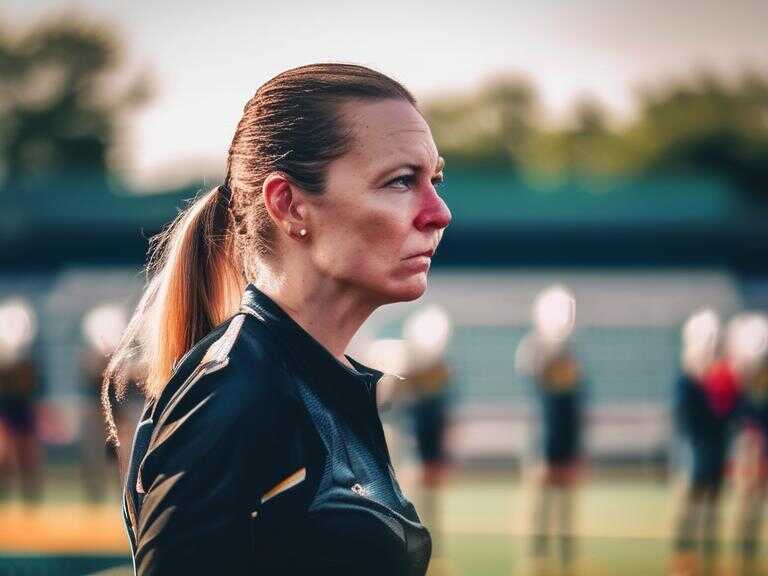
Federal Judge Bars NCAA from Enforcing Name, Image, and Likeness Rules

A federal judge has issued a preliminary injunction against the National Collegiate Athletic Association (NCAA), preventing it from enforcing its rules prohibiting name, image, and likeness (NIL) compensation from being used to recruit athletes. The injunction was granted in response to a request from the states of Tennessee and Virginia, marking a significant setback to the NCAA's authority in governing college sports.
The ruling, delivered by U.S. District Judge Clifton Corker in the Eastern District of Tennessee, challenges a long-standing principle of the NCAA's amateurism model, which prohibits third parties from paying recruits to attend a particular school. Judge Corker expressed that the NCAA's prohibition likely violates federal antitrust law and harms student-athletes, leading to his decision to grant the injunction.
The plaintiffs argued that since the NCAA lifted its ban on athletes profiting from their fame in 2021, recruits have already begun considering NIL opportunities when choosing a school. Judge Corker highlighted the NCAA's contention that allowing NIL collectives to offer deals to recruits would blur the line between college athletics and professional sports. However, he found the NCAA's arguments lacking in persuasive procompetitive rationales and failed to demonstrate how the timing of NIL agreements would undermine the preservation of amateurism.
Judge Rules
Judge Corker also noted that the NIL rules unchallenged by the lawsuit, which link deals to athletic performance, are arguably more effective in preserving amateurism than the NIL-recruiting ban itself.
The federal lawsuit was filed by the attorneys general of Tennessee and Virginia on January 31, challenging the NCAA's NIL rules following the revelation of the University of Tennessee's potential infractions. While the states were initially denied a temporary restraining order, Judge Corker expressed his belief that the states were likely to prevail in the long run.
Tennessee Attorney General Jonathan Skrmetti emphasized that the injunction ensures athlete rights will be protected from the NCAA's "illegal NIL-recruitment ban." He affirmed the commitment to continuing the legal battle to prevent the NCAA's monopoly from harming student-athletes, asserting that the law is on their side.
The decision also represents a victory for the University of Tennessee, which faces an NCAA inquiry into possible recruiting violations. The school's officials have strongly opposed the allegations, with the chancellor criticizing the NCAA's pursuit of infractions cases while disregarding students' NIL rights as "intellectually dishonest."
The NCAA's authority to regulate athlete compensation has faced scrutiny from various fronts. In early February, a National Labor Relations Board official ruled that members of the Dartmouth men's basketball team are employees of the school and could vote to form a union. Furthermore, the NCAA is currently defending at least six antitrust lawsuits while seeking antitrust protections from Congress.
The preliminary injunction represents a significant development in the ongoing debate surrounding athlete compensation and the NCAA's governance of college sports. As the legal battle continues, the landscape of collegiate athletics and the rights of student-athletes remain subjects of intense scrutiny and debate.
Share news















